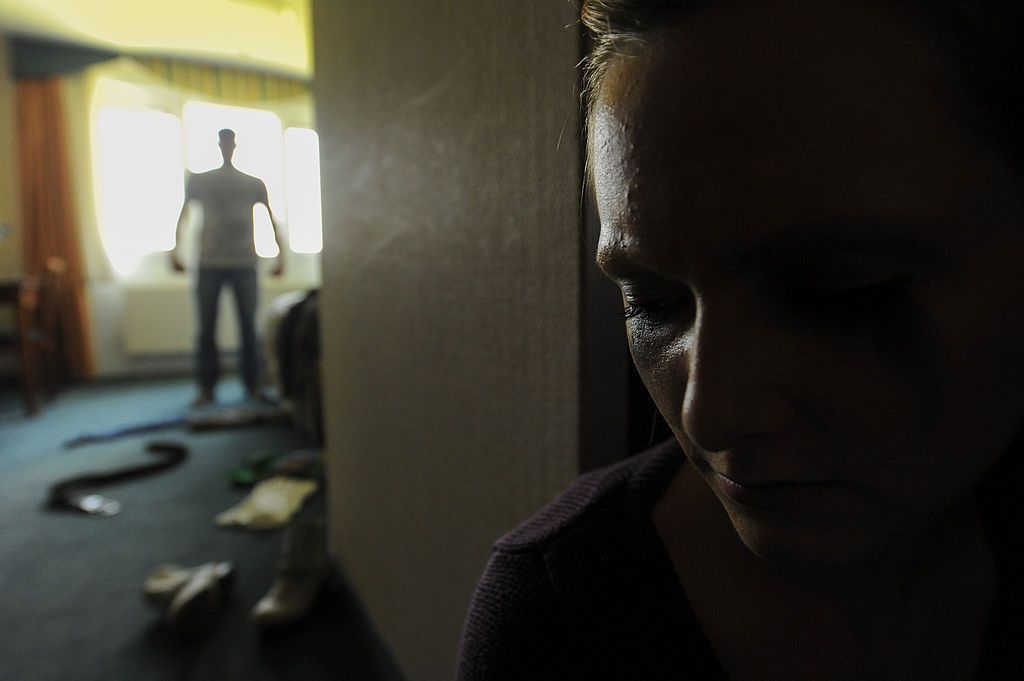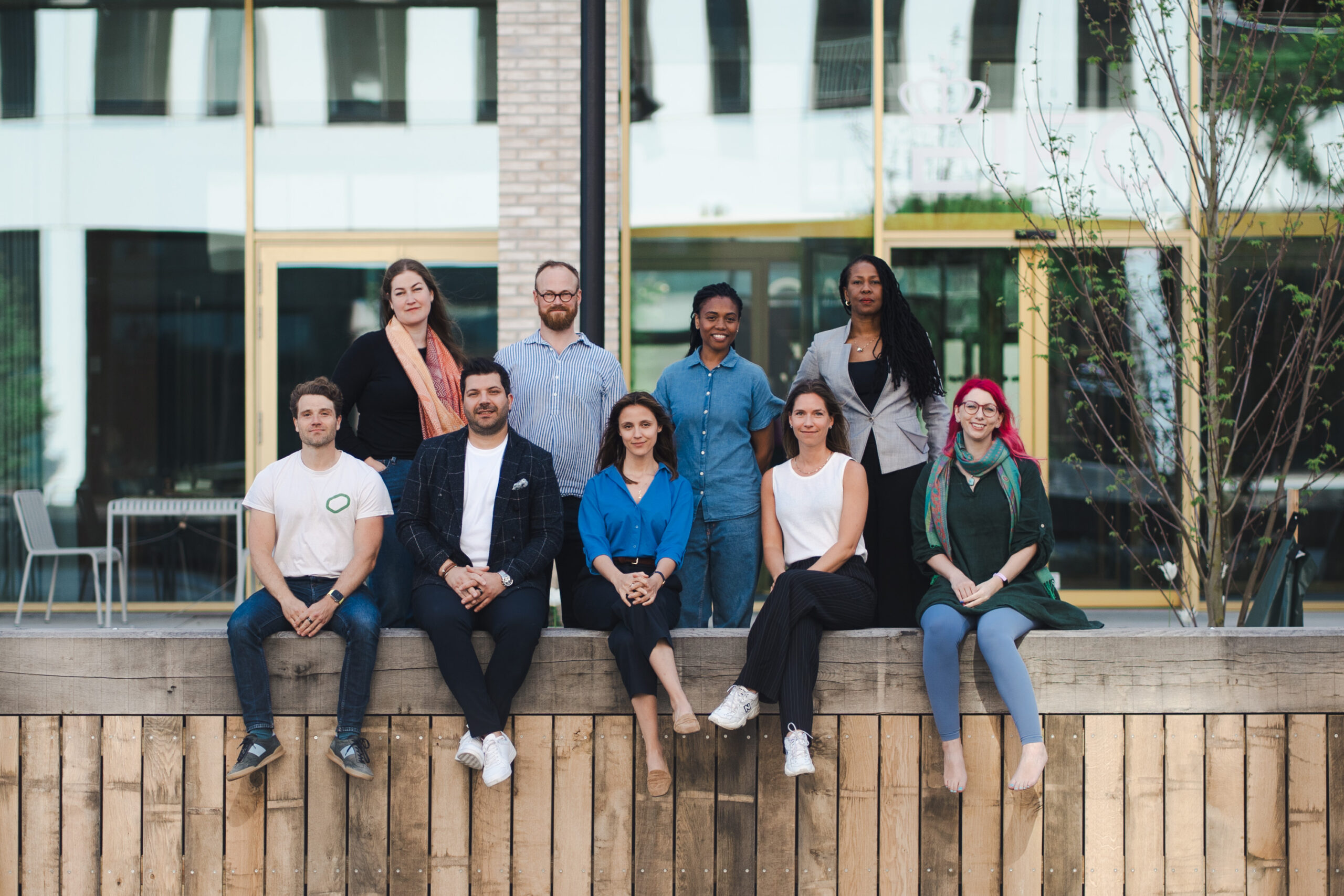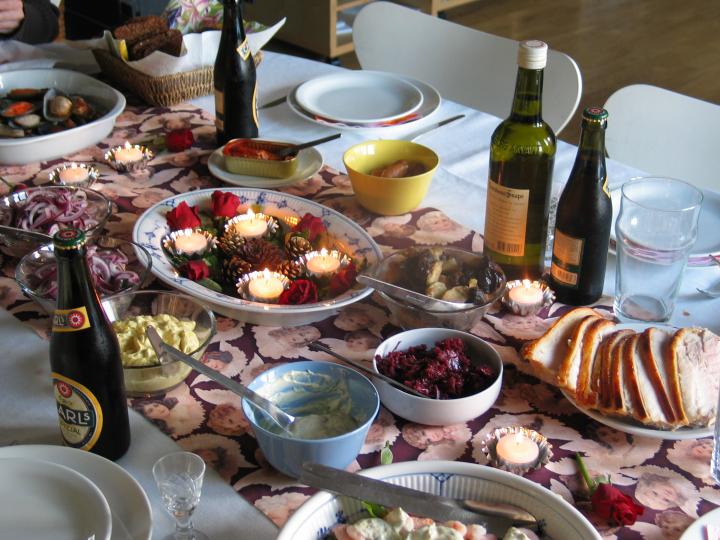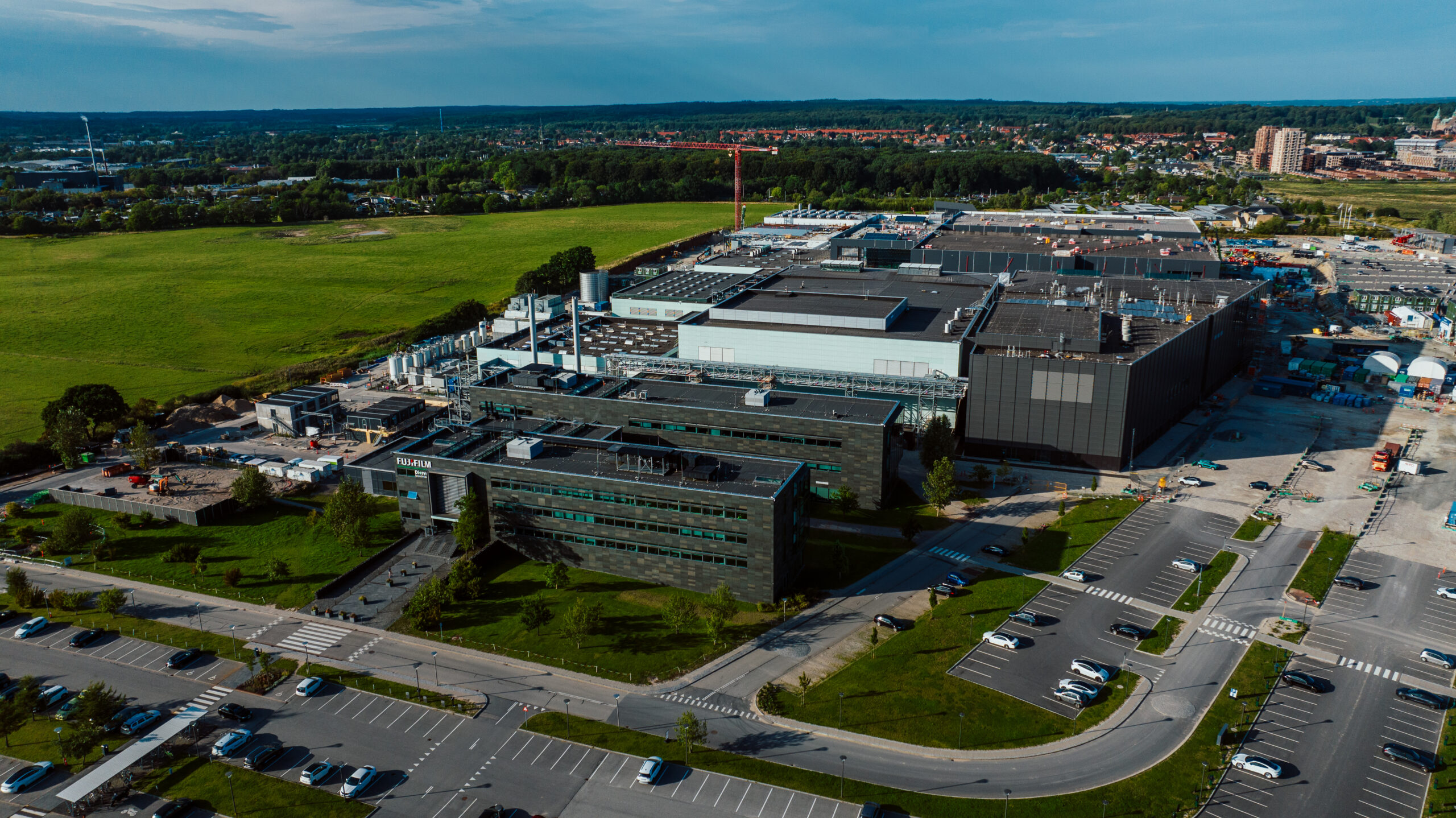While debate rages nationally about the implications of the current influx of asylum seekers, according to a new anthropological report, some outlying regions of the country are experiencing growth and the return of welfare services as a result of the opening of asylum centres, Information reports.
The report is the work of anthropology researchers at Copenhagen University, Birgitte Romme and Zachary Whyte. They did field work in Jelling and Norddjurs, in central Jutland, and on the island of Langeland, south-west of Funen. Among its conclusions is the observation that the fears some local residents had about the arrival of asylum-seekers have proved unfounded.
Fears unfounded
One of most commonly expressed fears at local meetings prior to the opening of asylum centres were that house prices would fall. Whyte however explained that the anticipated slump has not materialised.
“People have subsequently seen that nothing happens to house prices and that, on the contrary, it’s not good for house prices either to live next to an empty building,” he said.
According to Romme, another consequence for these outlying communities is that a process of the state and welfare seeming to be drawn away is starting to reverse and the local sense of community is cemented.
“They see that asylum centres stop schools from being closed. Asylum centres become part of an attempt to maintain a local community with welfare institutions,” she said.
“In some places, if new street lighting is needed people are used to holding a bingo evening to collect money for it. The centres become a kind of collective test of how strong we are as a local community. If my neighbour and I start to argue about asylum-seekers then we are divided. The number one goal is to stay together.”
Keeping institutions open
At Børnehaven Nordstjernen, a kindergarten that serves the whole of the northern part of Langeland, there are now 18 Danish children and eight children of asylum seekers. Susse Lentz, the head of the kindergarten, sees this as being a factor in keeping the institution open.
“From a humanity point of view I think that the more knowledge children get of other people, the more accepting they will be,” she said.
“But if we look at it economically, it’s also clear that the asylum-seeker children contribute to keeping the kindergarten going.”










